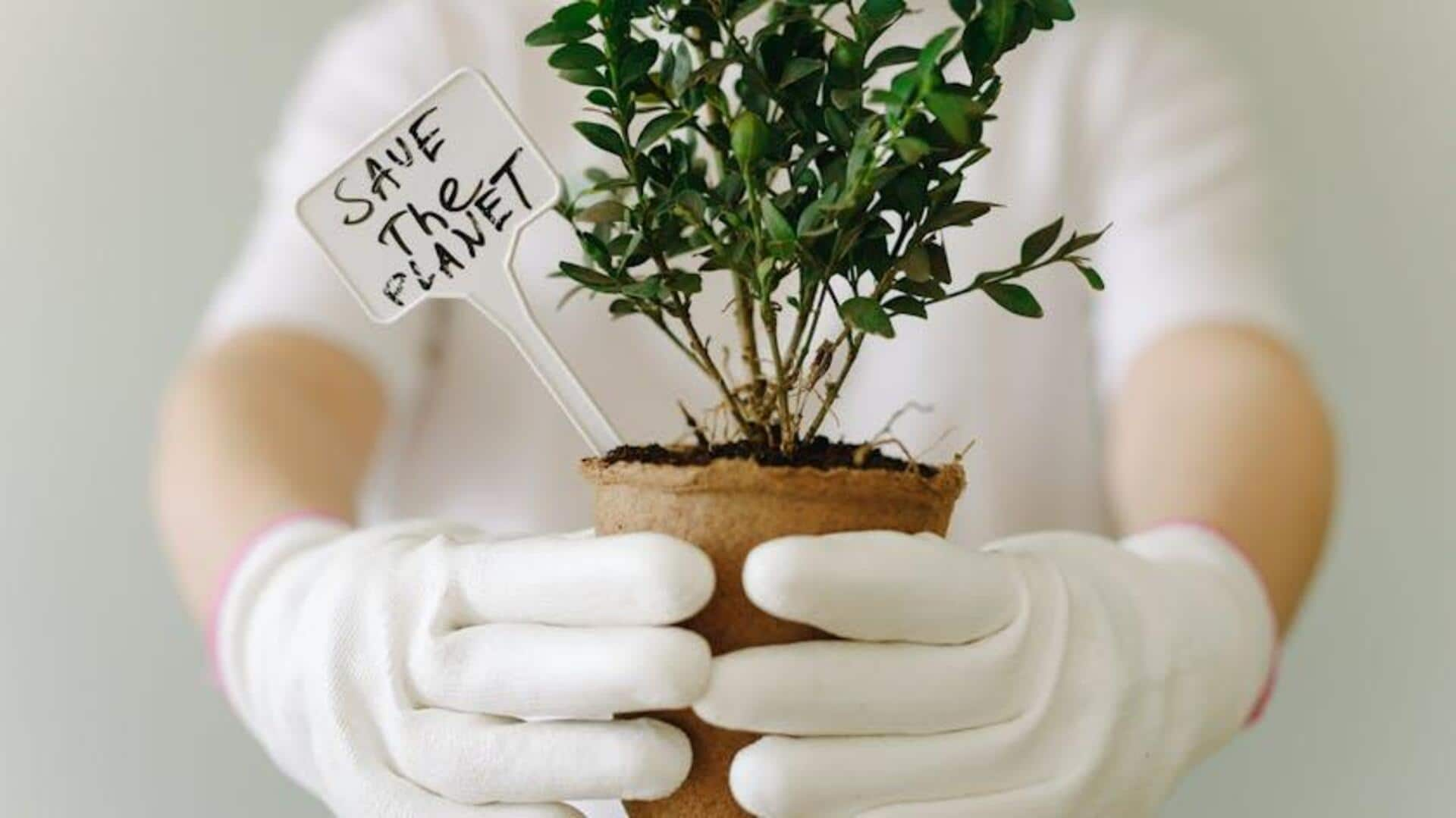
How to make your kids more eco-conscious
What's the story
Engaging kids with nature appreciation activities can help strengthen their environmental empathy tremendously. Such activities enable kids to gain a better understanding of the natural world, instilling a sense of responsibility toward it. By participating in a range of outdoor experiences, kids learn to appreciate the beauty and complexity of nature. This can lead to more eco-friendly behavior as they grow up. Here's how.
Outdoor exploration
Exploring local parks and gardens
Visiting local parks and gardens gives children a chance to see various plant species and wildlife up close in their natural habitats. This exposure helps them learn about ecosystems and biodiversity. They can learn about different plants, insects, and animals while getting fresh air and physical exercise. Such experiences foster curiosity about the connectedness of nature, making them feel responsible to preserve these environments.
Creative engagement
Nature-based art projects
Incorporating art projects with natural materials like leaves, stones, or twigs is a great way to encourage creativity as well as an appreciation for nature's resources. These projects make kids express their observations creatively, and deepen their connection with the environment. By creating art from natural elements, kids also get an insight into sustainable practices and develop respect for the materials provided by nature.
Active involvement
Participating in community clean-ups
Community clean-up events provide hands-on opportunities for kids to contribute positively to their surroundings. By engaging in such activities, they learn about waste management and its effect on ecosystems. Kids see firsthand how litter impacts wildlife and habitats, instilling a sense of responsibility towards keeping the outdoors clean.
Hands-on learning
Gardening activities at home or school
Gardening gives you real-world lessons on plant growth cycles, soil health, and sustainable practices such as composting. Be it home or school gardens, taking care of plants teaches patience as kids see seeds turn into flourishing greenery over time. This nurtures a mind that understands where food comes from while also reiterating the importance of nurturing our fellow living beings responsibly.
Observational skills
Wildlife observation excursions
Organizing excursions to observe local wildlife can greatly improve children's understanding of animal behavior in different ecosystems. Birdwatching and tracking small mammals are gateways to appreciating species diversity, without unnecessarily disturbing natural habitats. These activities play an important role in nurturing a deep respect for all living creatures sharing our planet's resources, and teach them the significance of coexistence and conservation.